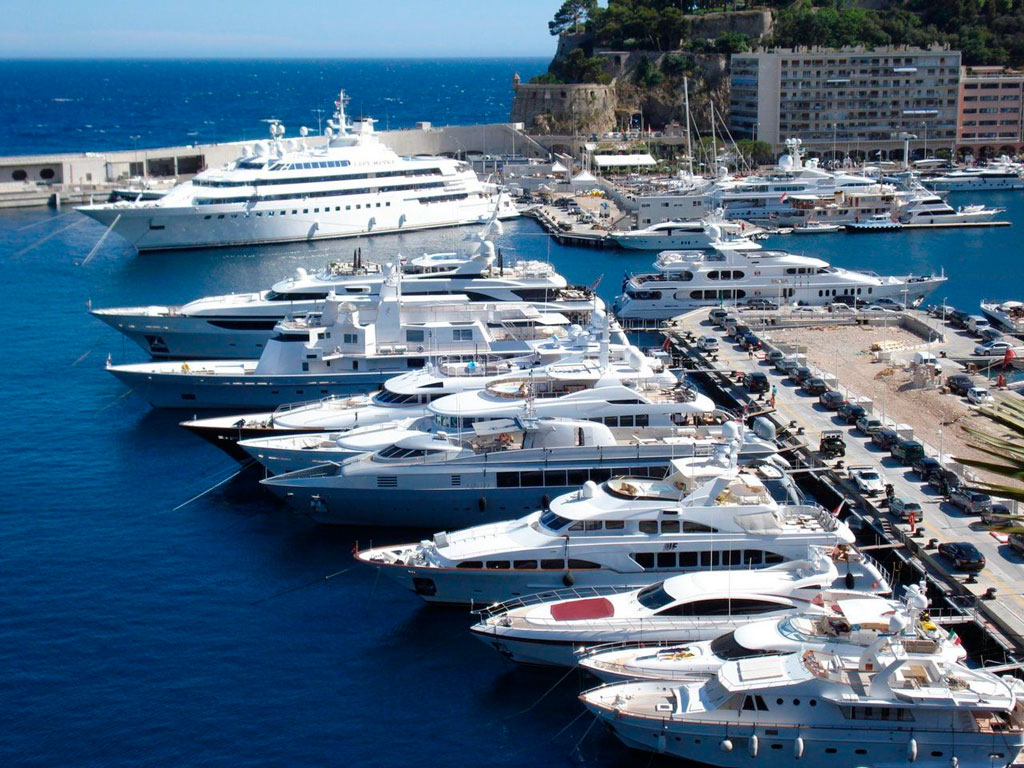
The tourism industry, in general, represents approximately 13% of the Gross Domestic Product (GDP) and generates 12% of total employment in our country. And Spain, in addition, leads the world rankings of the most competitive countries in this regard. Only one segment of this important sector, such as Nautical Tourism, generates in Spain benefits nine times higher than traditional tourism, according to Luis Conde, former president of the Barcelona Boat Show, referring especially to the nautical charter (rental of boats).
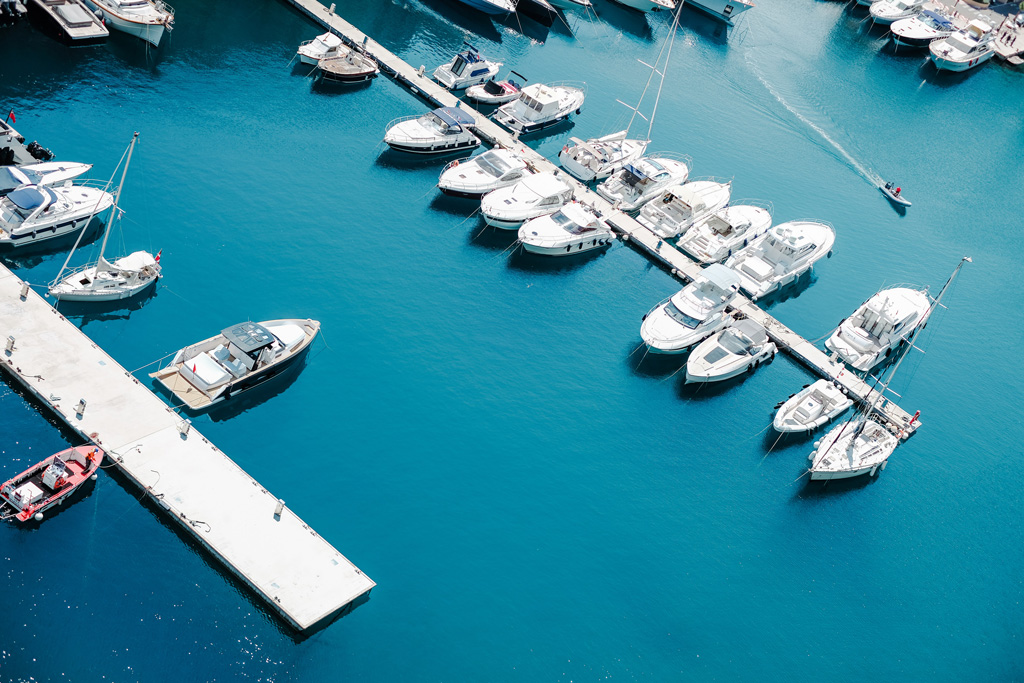
However, this important segment of the Spanish economy, due to its high atomization (a shipowner, a ship), lacks its own strength and a structure that brings together the interests of each and every one of its actors, as does the travel agencies, hotels or bars and restaurants. Being relegated, in difficult moments like the one we live today, to the tail of the most absolute indifference. In that aspect, we are invisible and responsible for it.
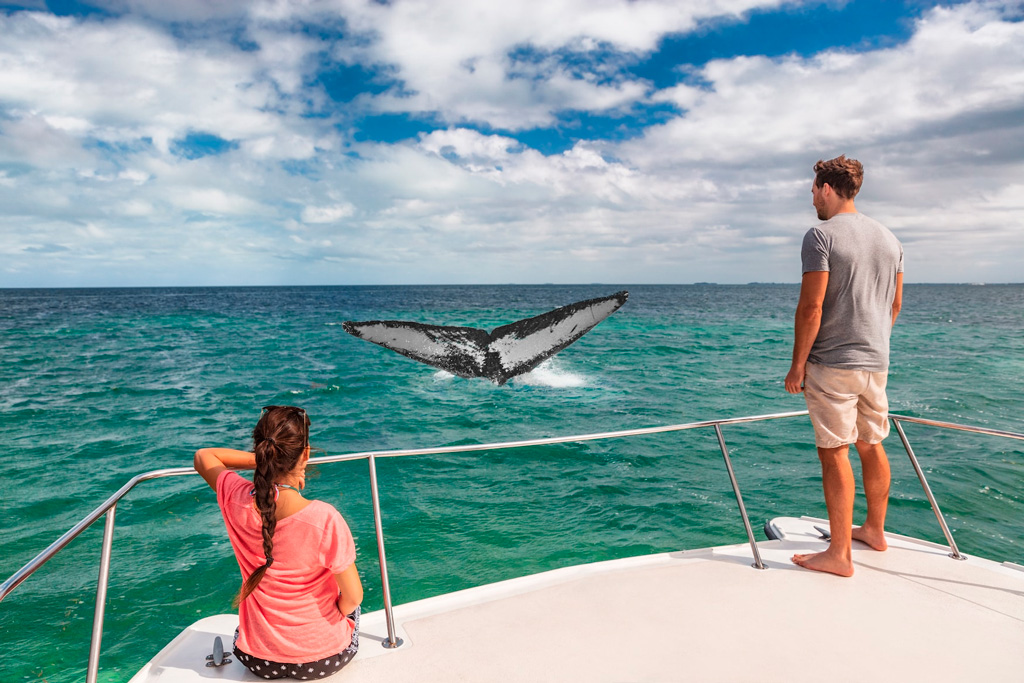
If the public sector does not understand that nautical tourism is one of the sectors that leaves the most money in the country, that it generates nine times more than traditional tourism and that it is quality tourism, we will not be able to advance in achieving our goals. Objectives, focused on getting around this crisis in the best possible way and avoiding the destruction of more jobs and, ultimately, of one of the most important generators of wealth in the country.
Shipowners are beginning to be seen who cannot afford the high costs involved in maintaining the necessary structures required by the activity and choose to abandon the ships, which, for the most part, will be irrecoverable.
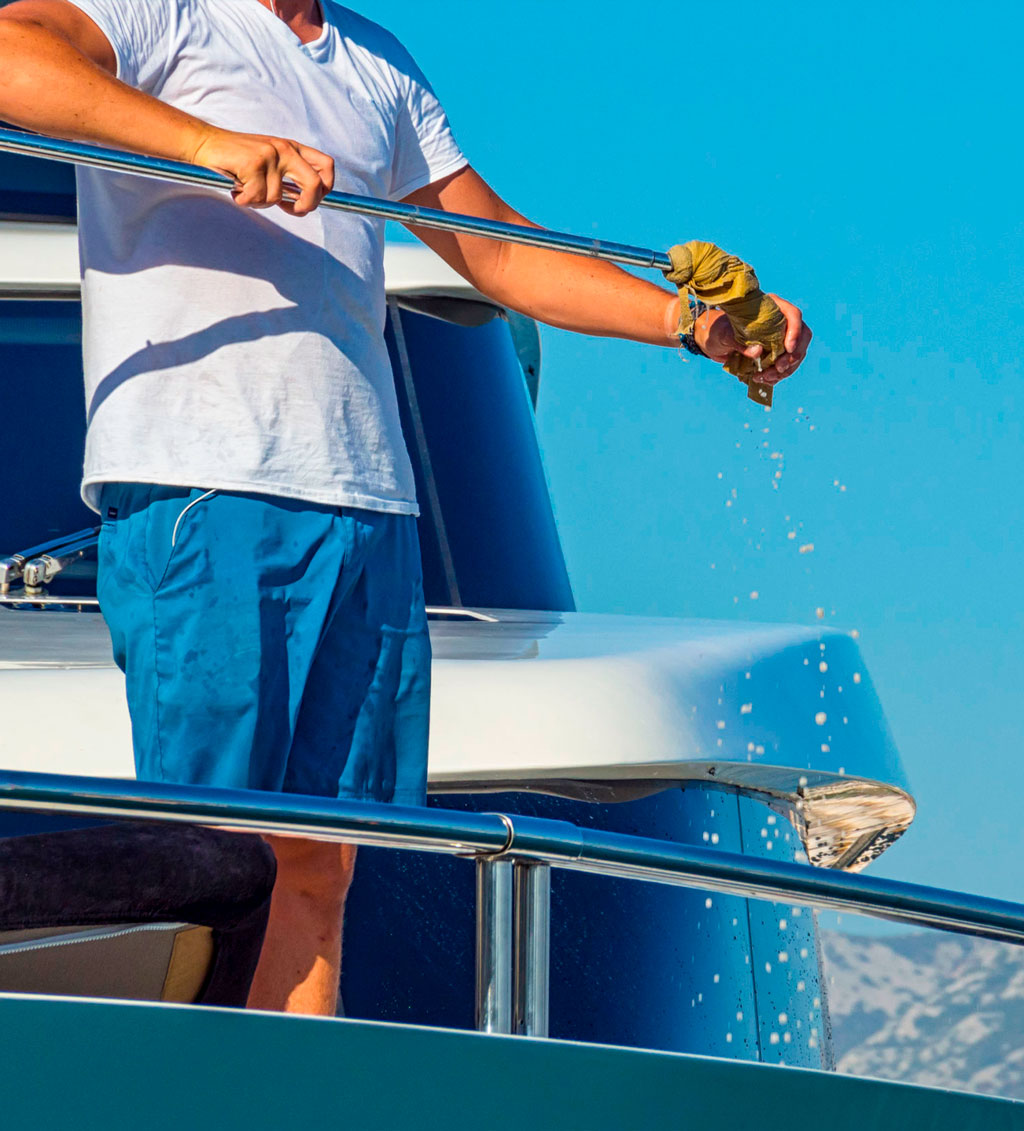
Eminently tourist destinations of sun and beach such as the Canary Islands, where direct and indirect tourist activity generated a total of 16,099 million euros in 2019, which brings the contribution of tourism to the total economy of the archipelago to 35%, and generated 343,899 jobs of work, 40.4% of total regional employment, according to the Study of the Economic Impact of Tourism. With these data, it is clear that nautical tourism cannot be left to its own devices.
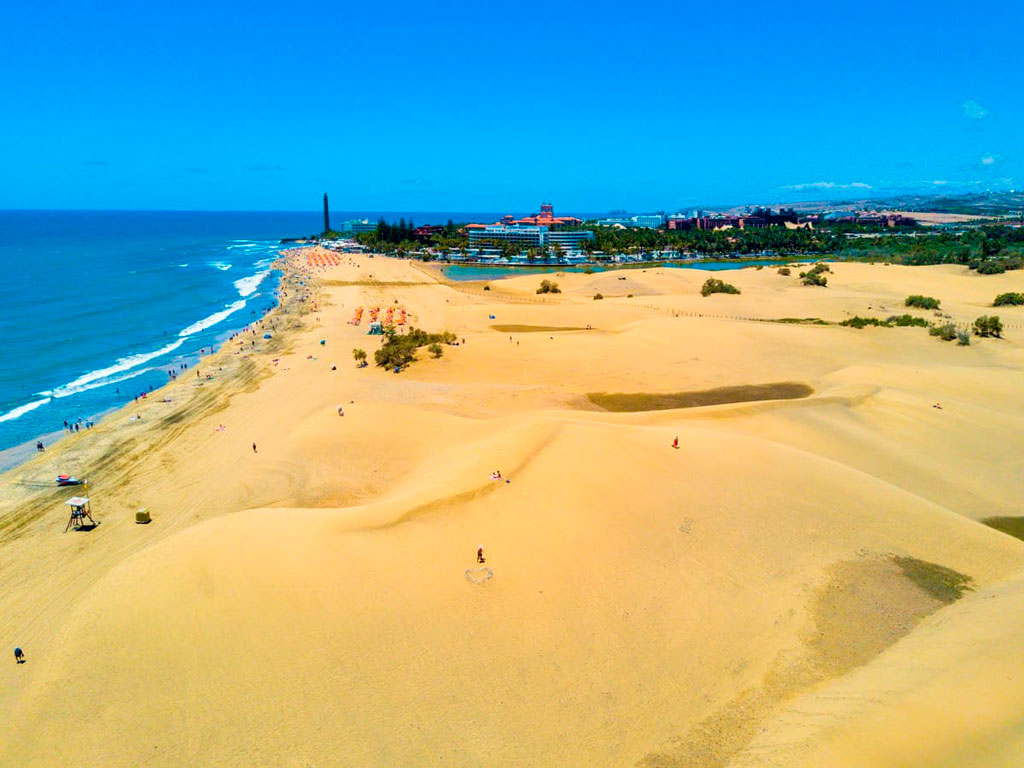
Marinas, boats, sports activities, workshops, nautical shops, catering companies and events, transport … all this involves a large number of people, dependent on Nautical Tourism, which, if no one remedies it, at this rate, most will hardly survive.
Now it’s time to distribute aid to the most affected sectors. And aid that is largely direct, but has anyone ever wondered how they will get to Nautical Tourism? We tell you: they will not arrive, despite the fleets being fully moored to port, and many of the boats for sale, with zero activity and the personnel in ERTE or, directly, swelling the ranks of the strike. This is the situation of the segment that, until recently, we repeated, generated in Spain benefits nine times higher than traditional tourism.
The news of the charter world.
